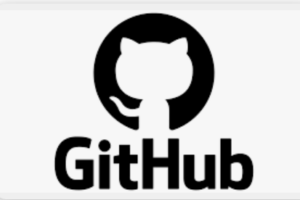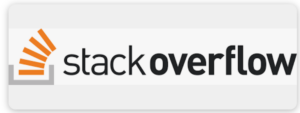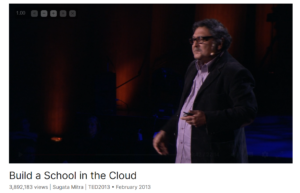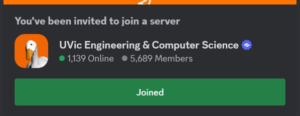Hello again! It’s Andy back with another exploration in our EDCI 339 course—this week diving deep into pedagogy, networked learning, impactful instruction techniques in digital spaces, learning theories, and how they intertwine within digital environments.
Understanding Pedagogy
I’ve come to understand pedagogy not just as the method of teaching but as a multifaceted approach that influences my learning style. My preference leans slightly more toward hands-on approaches combined with discussions that challenge my understanding. Observing different methods in my academic journey, including lectures, seminars, and dynamic group projects, has shown me the impact different pedagogical strategies have on my ability to grasp and also retain knowledge. Looking ahead, I can definitely see myself applying these insights into future teaching opportunities, maybe in leading workshops or webinars where I can mix interactive and traditional tactics for a more in depth learning experience.

Networked Pedagogy in Action
Networked pedagogy has definitely revolutionized my learning experience when reflecting on the past. In online forums and project collaboration tools, I’ve managed to connect with peers all around the world, discussing and sharing knowledge that helps our collective learning experience. One great example was during my project at the tech startup, where ideas and feedback would flow through digital channels, reflecting a real-time brainstorming session without its physical limitations. Platforms like GitHub (a platform for version control and collaboration that allows developers to share and manage their code projects) and Stack Overflow (a question and answer site for professional and enthusiast programmers to find solutions to their coding problems and contribute to the community by sharing knowledge.) have been instrumental during my time at the startup as they would provide a space where I can both seek guidance and also offer advice. Platforms like these really show how mutually beneficial relationships can be created through technology.


Sugata Mitra emphasizes this idea really well in his TED Talk ‘Build a School in the Cloud’ where he discusses the potential of digital tools to facilitate a new era of educational pedagogy and how digital platforms can foster an autonomous learning environment that transcends traditional classroom settings. I would encourage anyone interested in the subject to check it out!
You can find the full Ted talk here: https://www.ted.com/talks/sugata_mitra_build_a_school_in_the_cloud?subtitle=en

Learning Theory: Connectivism
Of all learning theories in this module, connectivism intrigues me the most, resonating deeply with my experiences and how I learn. It’s all about how we learn through our connections with others and by encountering a variety of ideas. This fits perfectly with today’s digital world, where we can link up with so many different networks that help deepen our understanding. In online classes, this could mean designing courses that focus more on accessing a bunch of digital resources and encouraging more interaction among peers compared to just using traditional textbooks which I personally detest.

The Role of the Instructor in Online Learning
Reflecting on online instructors, I’ve realized that the best ones are really good at using tech to their advantage. In general, they’re flexible, super responsive, and definitely know their way around technology. The ones who really impress me are the ones that can make the most of all the digital tools out there to put together lessons that are both engaging and really supportive. They’re especially great at breaking down tough topics by building a welcoming online space where everyone feels okay to dive into deep discussions and are encouraged to learn from each other. You can always tell when the instructor makes an effort to implement the ideas of connectivism in their course and those are the ones who truly have my appreciation!
Navigating Digital Spaces
My experience with different online platforms has really shown me how crucial it is to be adaptable and ethical. I’ve had some awesome learning moments on sites like Zoom and Discord, where everyone comes together to share and learn. But it’s not always smooth sailing, figuring out the dos and don’ts about sharing too much information can be tricky as there are many nuances. Clarifying the rules with instructors when I’m not sure/ being considerate in my posts helps me not just fit in but actually add value to these digital communities.

